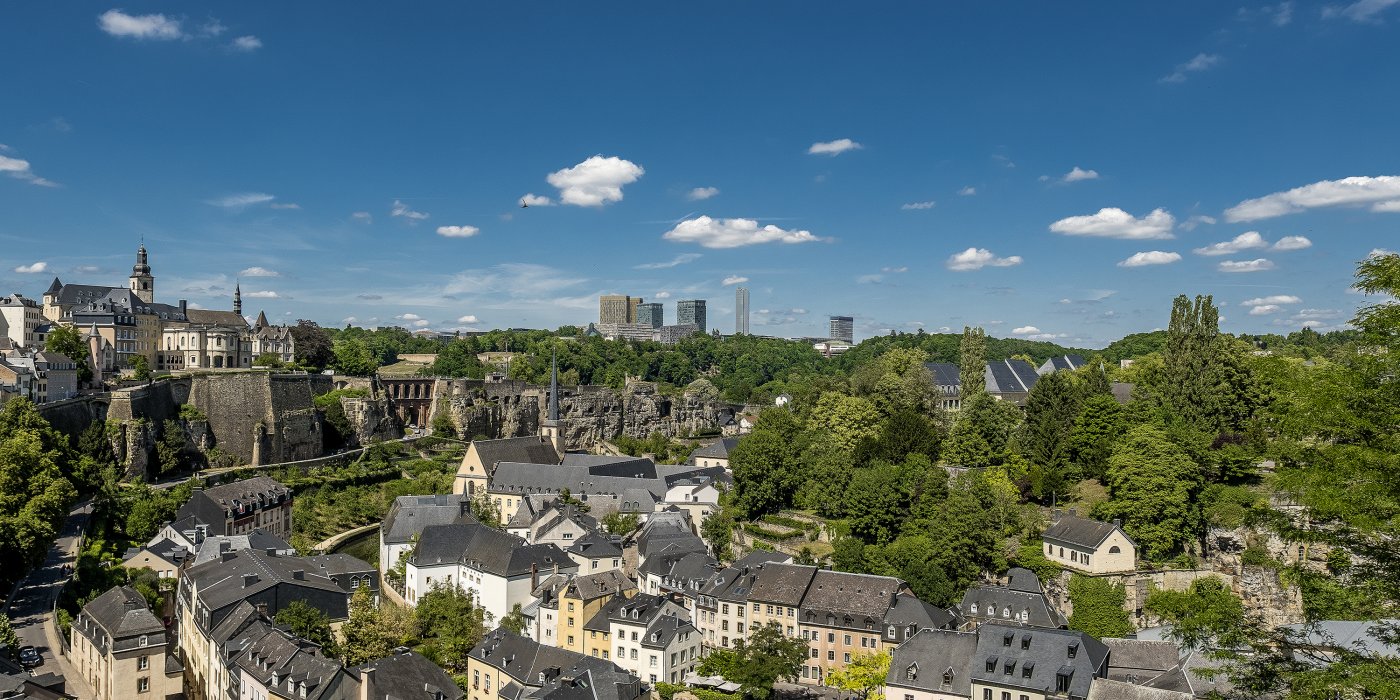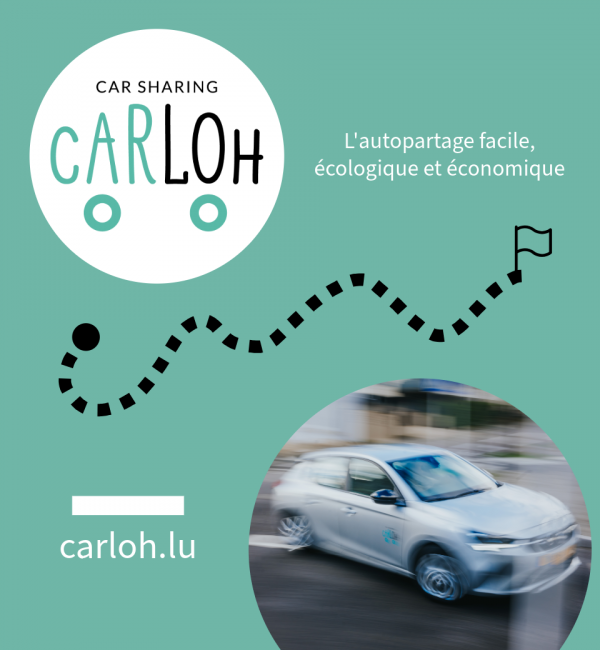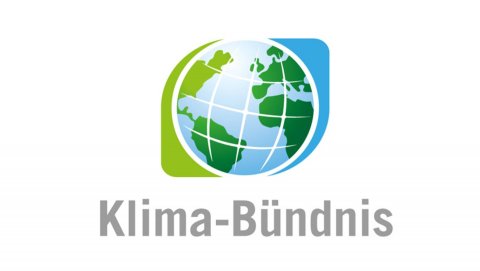
Established in 1990, Klimabündnis is a network of over 1,700 cities, districts, municipalities and provinces in 26 European countries. Klimabündnis is the largest network of cities in the world, working at local level to promote climate conservation on a global scale. In Luxembourg, 37 municipalities belong to Klimabündnis; the City of Luxembourg itself has been a member since 2000.
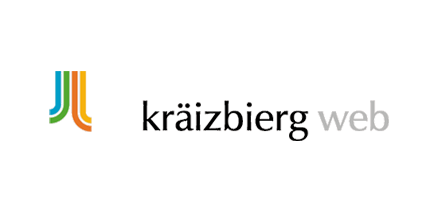
The foundation's main goal is to improve the psychological and material conditions of cerebral palsy sufferers in the fields of prevention, medical treatment, education, schooling, work and social integration.

Luxatlas reveals Luxembourg City's urban development from as far back as the early 19th century using a series of interactive maps.

The Mobility Centre is the operational name of the public information service operated by the Public Transport Administration (Administration des transports publics) of the Ministry of Mobility and Public Works (Ministère de la Mobilité et des Travaux publics). Customers can contact the Mobility Centre for any queries concerning the public transport system.
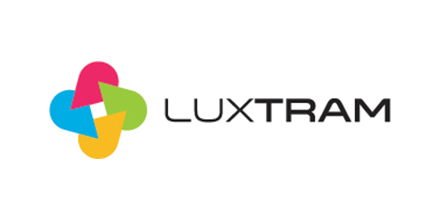
Luxtram is tasked with designing, building and operating the Luxembourg tram network. It contributes to the diversification of the public transport system and the development of sustainable mobility in Luxembourg.
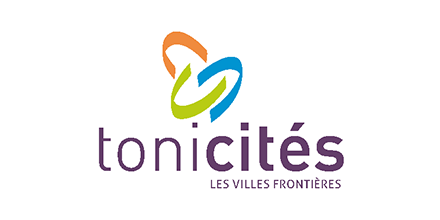
Tonicités is a network of six cities from three countries (Luxembourg, France and Belgium). Its ultimate goal is to promote greater cooperation between the member cities in major areas of interest to their populations, such as employment, transport and town planning.

Eurocities est le réseau de plus de 200 villes dans 38 pays, représentant 130 millions de personnes, qui travaillent ensemble pour assurer une bonne qualité de vie pour tous.

The Luxembourg City Tourist Office has several roles, including: managing initiatives to develop tourism in Luxembourg City; providing tourists with information and guidance, and organising their stay; organising guided tours of Luxembourg City and the country in general; through its Convention Department, securing, promoting and hosting national and international events in Luxembourg City; and more generally, organising cultural events in the broadest sense of the term.

Quattropole was established in 2000 as a cross-border association between the cities of Luxembourg, Metz, Saarbrücken and Trier, with a view to achieving greater visibility for the region on the European stage, and pooling their know-how on innovative projects. This cross-border region is marked by considerable historical, economic and cultural diversity, as well as its multilingualism as an integral part of daily life.

Guichet.lu is the national online platform for all administrative formalities and procedures, whether for personal or professional purposes.

myenergy is the national body responsible for promoting a sustainable energy transition. It serves as the leading public-agency partner and facilitator in guiding and encouraging Luxembourg society to adopt rational and sustainable energy use.
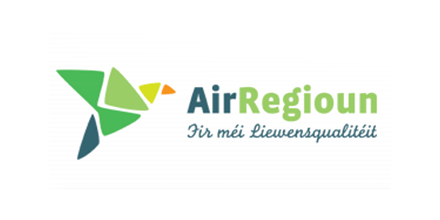
AirRegioun is an agreement between the municipalities in the vicinity of the airport that seeks to improve and promote various inter-municipality projects, so that the benefits and burdens are distributed as fairly as possible, and to jointly promote sustainable development in the region.

Launched by the Council of Europe in 1987, the Cultural Routes programme seeks to demonstrate, through a journey through space and time, that the heritage of various European countries contributes to a shared cultural heritage. The routes are local networks that embody the fundamental values of the Council of Europe – namely: human rights, cultural democracy, cultural diversity and identity, mutual exchange and enrichment across boundaries, and across the aeons.

A Fairtrade Gemeng is a municipality that commits itself to creating a fairer world, by raising awareness of fair-trade issues and giving preference to Fairtrade products wherever possible. Through this commitment, we help guarantee fair and decent working conditions for producers and workers in Africa, Asia, Latin America and the Caribbean.

The AIMF is the worldwide network of French-speaking locally elected officials. The aim of the members of this network is to develop a new form of cooperation, combining joint reflection at the highest level and action on the ground, to shape a future-proof city that is capable of achieving sustainable growth, and also putting citizens at the heart of urban development projects.

Echo (or echo.lu) is the primary online collaboration platform for all culture-related matters in Luxembourg, since all the players involved in the sector are listed on the site. This website keeps the public informed about upcoming events, allowing users to view all cultural events taking place in Luxembourg via a central platform.

The main missions of the Organisation of World Heritage Cities (OWHC) are to help implement the World Heritage Convention (on the protection of world cultural and natural heritage), and the International Charter for the Conservation of Historic Towns and Urban Areas; and, both regionally and internationally, promote cooperation and the exchange of information and knowledge among all historic cities throughout the world.
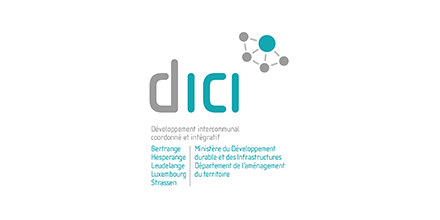
The DICI is a planning process for coordinated and integrated inter-municipality development for the south-western part of Luxembourg City. It brings together the municipality of the City of Luxembourg, the Ministry of Sustainable Development and Infrastructure (Ministère du Développement durable et des Infrastructures) and the municipalities of Bertrange, Hesperange, Leudelange and Strassen.

In 1994, the city's Old Town and fortifications were made a UNESCO World Heritage Site.
